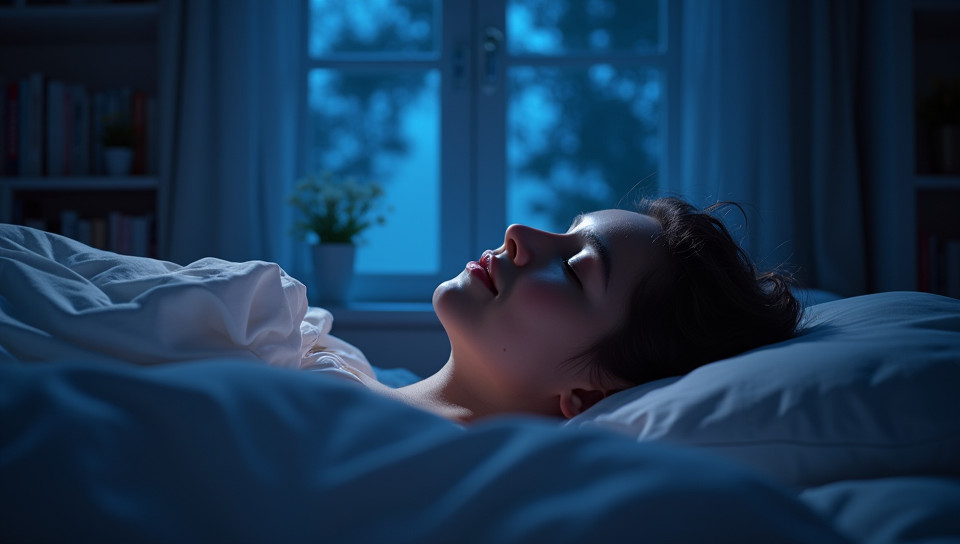Artificial light sources suppress melatonin secretion 80%

The Dark Truth About Artificial Light
As we go about our daily lives, it's easy to overlook the impact that artificial light sources have on our bodies. But the truth is, exposure to artificial light can have a profound effect on our hormones, particularly melatonin. This crucial hormone regulates our sleep-wake cycles and is essential for maintaining good health.
The Role of Melatonin
Melatonin is produced by the pineal gland and plays a vital role in regulating our circadian rhythms. It helps us feel tired at night and alert during the day. When exposed to artificial light sources, especially in the evening, it can suppress melatonin production, making it harder to fall asleep.
The Effects of Artificial Light on Melatonin
Artificial light sources, such as LED bulbs, smartphones, and televisions, emit a type of blue light that tricks our brains into thinking it's still daytime. This exposure can lead to:
- Difficulty falling asleep
- Reduced sleep quality
- Insomnia
- Daytime fatigue
- Increased risk of chronic diseases like diabetes and heart disease
The Consequences of Artificial Light Overload
Prolonged exposure to artificial light sources has been linked to a range of health problems, including obesity, depression, and anxiety. It's essential to establish a balance between our use of artificial light and our natural sleep-wake cycles.
Creating a Healthier Lighting Environment
There are several ways to reduce the negative impact of artificial light on melatonin production:
- Use dim red lights or nightlights instead of bright overhead lighting
- Avoid screens for at least an hour before bedtime
- Wear blue-light blocking glasses or apps that filter out blue light from digital devices
- Establish a consistent sleep schedule and create a relaxing bedtime routine
Conclusion
The impact of artificial light sources on melatonin production is a pressing concern in today's world. By understanding the effects of artificial light and taking steps to reduce our exposure, we can promote healthier sleep habits and overall well-being. Make the switch to a healthier lighting environment and start sleeping better tonight!
- Created by: Maria Thomas
- Created at: Oct. 13, 2024, 8:13 p.m.
- ID: 12495









